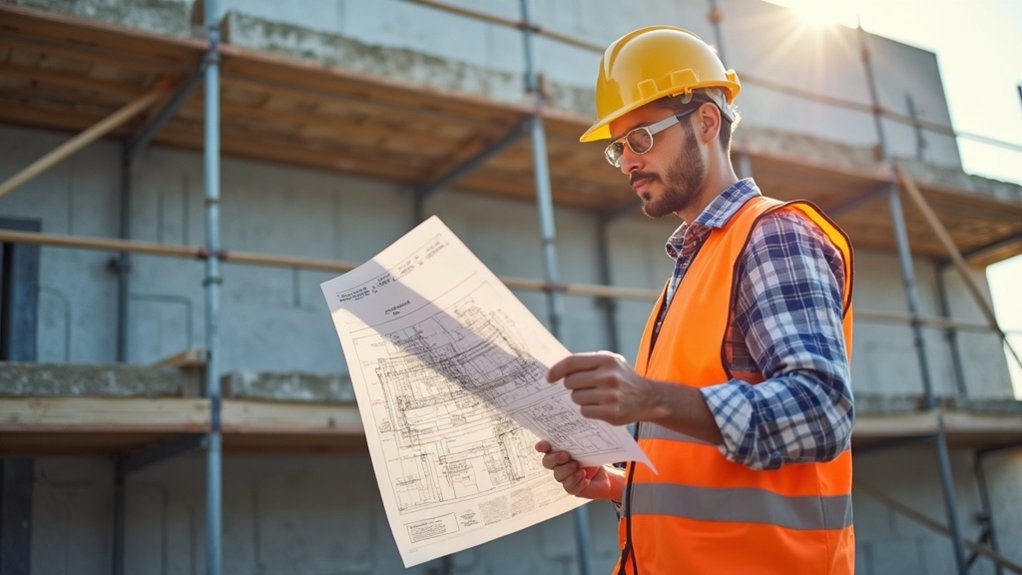An MCS certificate verifies that your microgeneration technology meets industry quality and performance standards, but it doesn’t cover compliance with local building regulations, which focus on safety, structural integrity, fire prevention, and ventilation. To meet legal requirements, you’ll need separate inspections and approvals from your local authority. Ignoring these can result in enforcement actions, fines, and complications when selling your property. Understanding how to secure full compliance is essential for safeguarding your investment and legal standing.
Understanding the Scope of an MCS Certificate
Although an MCS Certificate confirms that your microgeneration technology meets established industry quality and performance standards, it doesn’t guarantee compliance with local building regulations. The certificate primarily focuses on verifying that the technology and installation adhere to recognized industry criteria, assuring reliability and efficiency. However, local building codes often have additional requirements that the MCS scheme does not address. As a homeowner, you must ascertain your installation aligns with these local regulations, which might involve separate inspections or approvals beyond the MCS certification. While the MCS Certificate makes your system eligible for government incentives, it does not replace necessary planning permissions or building regulation consents. Consequently, consulting local authorities before installation is essential to avoid potential legal or safety issues. Using an MCS-certified installer can provide assurance that the installation meets high quality and performance standards recognized in the UK.
The Role of Building Regulations in Renewable Installations
While an MCS Certificate verifies that your renewable installation meets recognized industry standards, it doesn’t cover all legal obligations associated with building regulations. Building regulations guarantee your installation adheres to safety, health, and energy efficiency requirements, which vary by locality and system type. These regulations demand inspections and approvals that the MCS process alone doesn’t provide.
| Aspect | Requirement |
|---|---|
| Structural Integrity | Must support equipment safely |
| Fire Safety | Installation should minimize fire risks |
| Ventilation | Proper airflow to prevent hazards |
| Local Approval | Mandatory inspections and permits |
You need to check local council guidelines, as compliance with building regulations is mandatory alongside MCS certification to avoid legal issues and guarantee safe operation.
Steps to Ensure Compliance Beyond the MCS Certificate
Since obtaining an MCS Certificate only confirms compliance with specific renewable energy standards, you must actively verify whether your installation also meets the local building regulations, which often include additional criteria related to safety, structural integrity, and energy efficiency. To guarantee full compliance, start by consulting your local authority to identify any required permissions or inspections beyond the MCS certification. After completing the installation, request a Building Regulations Compliance Certificate from the relevant authority to confirm adherence to all legal requirements. Neglecting these steps can lead to enforcement actions, financial penalties, or complications when selling your property. By proactively addressing these regulatory obligations, you safeguard both your investment and legal standing, ensuring your renewable energy system is compliant on all necessary fronts.
